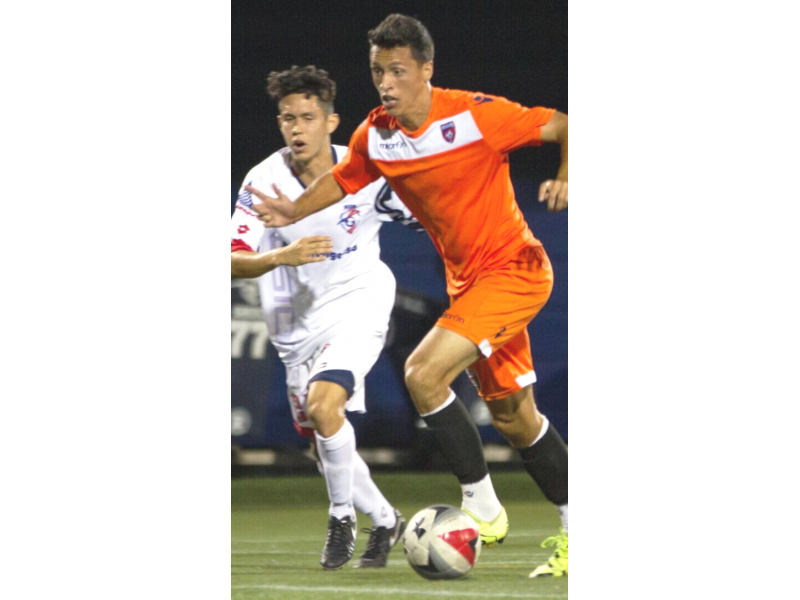


Listen carefully for the half step pitches Fa-Me, Te-DoĢ. Practice singing the Major Scale using the Solfeggio Syllables giving yourself a reference note. I try to sing everything before I play anything - and I'm no singer!įor those new to this I recommend the the following simple exercise can get you on the right path:ġ. One of the things that helped me (and others) is singing. So take your time, be patience with yourself and relax whilst working on ear training! I've seen music students devastated by Ear Training classes and they scramble to recognize what is being played! Yourself time! It's not for nothing that music students at college/university often refer to Ear Training class as Fear Training! Part of the reason for this is that Ear Training Courses, IMHO force people to progress at rates faster than their ears often allow and/or the anxiety produced byĬonstant questioning causes people not to trust their ears. Ear Training is not just a course you tick done that move on etc, it's like playing the guitar, a lifelong practice, which as you practice you get better! Approached in this way, will enable you to relax into it and give With regard to Relative Pitch and Ear Training, this is a big subject! Check Out Ear Training Links for more information.

With regard to ear training, try carrying a set of chromatic pitch pipes in your pocket and testing your self on intervals. I have used: Earope as well as Music Box and Earmaster Pro. Also, it's a lot less embarrassing to make mistakes in front of your computer than in front of a teacher or a class. Knew intervals instantly, I had problems with 4-5 note melody dictations where the intervals come in rapid succession. They are usually under $50 and they are so much more versatile than a fixed set of tapes or even a class, because you can tailor it to your own weaknesses.
#Earmaster pro pitch recognition software
On the other hand, I think that these days the best bet is to buy an ear-training software package. One of the things he does in that course is something he calls "lightening rounds" where he plays intervals very fastĪnd your ear adjusts to hearing the "color" of the interval so you can identify it very quickly (not just intervals, chords and inversions as well). However, I did get his relative pitch training course years ago (it was on cassettes back then, now it's on CD's) and I used it while driving - which really helped me a lot. I have spent time with the Dave L Burge perfect pitch and it never did anything for me except maybe sharpen my awareness. Here are some suggestions to help train the ear taken from various posts in the group. ?Įveryone in the group generally agrees that one of the most important aspects of playing Jazz is having a "good ear".


 0 kommentar(er)
0 kommentar(er)
